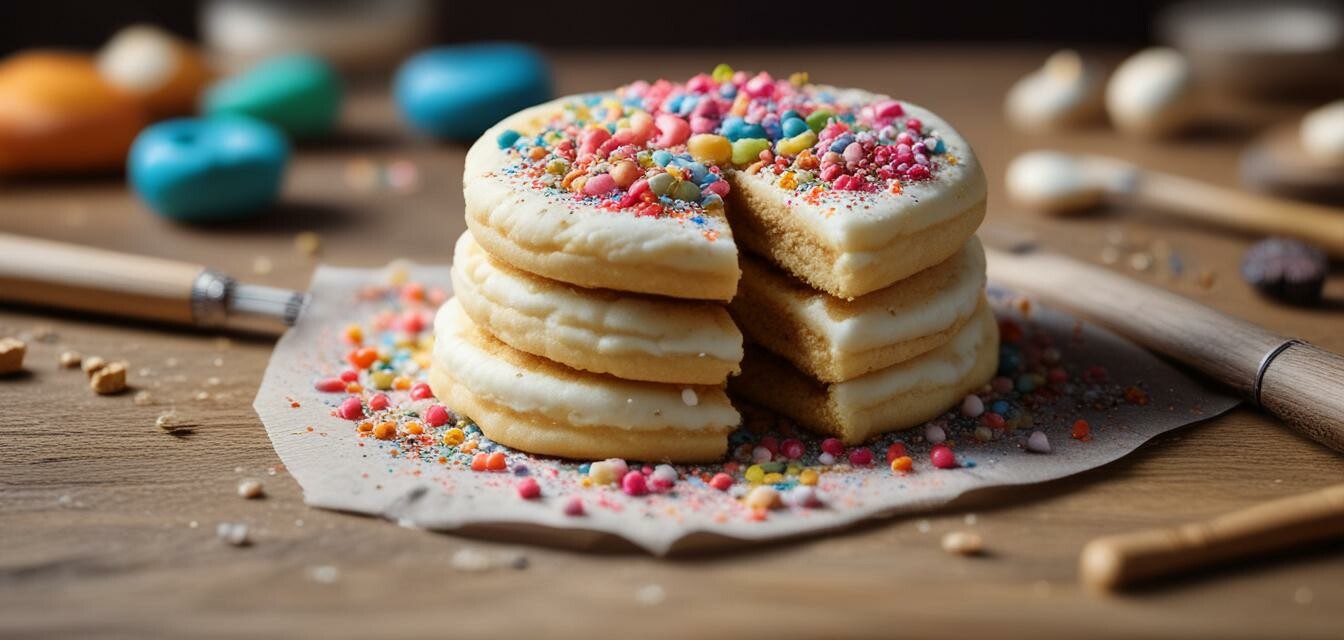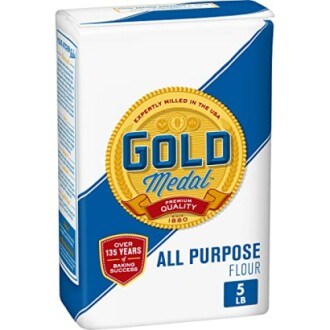
The Science Behind Perfectly Baked Birthday Cookies
Key Takeaways
- Understanding the ingredients can enhance your baking results.
- The right baking techniques create the perfect cookie texture.
- Measurement accuracy is crucial for consistent cookie quality.
- Experimenting is part of mastering the baking process.
Have you ever wondered what makes birthday cake cookies so delightful? It's a blend of science, technique, and a sprinkle of creativity! In this article, we explore the scientific components of baking cookies, focusing on the chemical reactions that ensure your birthday cake cookies come out perfect, fluffy, and delicious.
Why Baking is Considered a Science
Baking is often referred to as a science because it relies on precise measurements and chemical reactions. Each ingredient plays a unique role:
| Ingredient | Role in Baking |
|---|---|
| Flour | Provides structure to the cookie. |
| Sugar | Adds sweetness and helps in browning. |
| Butter | Adds flavor and tenderness. |
| Eggs | Binding agent and moisture provider. |
| Baking Powder | Leavening agent for texture. |
Essential Ingredients for Birthday Cake Cookies
Using the right ingredients will determine the texture and flavor of your cookies. Let’s take a closer look at the star of our baking: flour.
Gold Medal All Purpose Flour, 5 lb
The most versatile flour for any baking recipe, perfect for cookies and cakes.
Learn MoreUnderstanding Flour
Flour forms the backbone of your cookies, and its protein content determines the chewiness or tenderness of the finished product. For birthday cake cookies, all-purpose flour is a great choice.
The Role of Baking Techniques
It's not just about the ingredients; how you mix and handle them also makes a huge difference. Here are some popular techniques:
- Creaming: Mixing butter and sugar until light and fluffy helps trap air for a lighter texture.
- Folding: Gently incorporating dry ingredients ensures a light mixture without overworking the gluten.
- Chilling the Dough: Allowing the dough to rest in the fridge can improve flavor and texture.
Important Measurements
Accuracy in measuring your ingredients is crucial to consistency. Here are some tips:
- Use a kitchen scale for dry ingredients.
- Level off measuring cups without packing flour.
- Use spoons for liquids to avoid over-pouring.
Common Mistakes to Avoid
Here are common mistakes that can lead to poorly baked cookies:
- Not following the recipe precisely.
- Using expired ingredients.
- Overbaking cookies, leading to dry texture.
Final Touches: Decorating Your Birthday Cake Cookies
Once baked, the fun continues with decorating! Here are a few ideas:
- Use colorful decorative sprinkles for a festive touch.
- Drizzle icing over the cookies for extra sweetness.
- Top with edible glitter for a magical finish.
Conclusion
Now that you have a better understanding of the science behind baking perfect birthday cake cookies, you're ready to create delicious treats that everyone will enjoy! Remember that practice makes perfect, so don’t hesitate to experiment, learn from your mistakes, and most importantly, have fun in the kitchen!
Tips for Beginners
- Start with simple recipes to build your confidence.
- Gather all your ingredients before you begin baking.
- Keep a baking journal to track your results and improvements.
Explore More Baking Techniques
For more tips on baking, check out our Baking Tips and Techniques category, where you can discover a wealth of resources to refine your baking skills!

